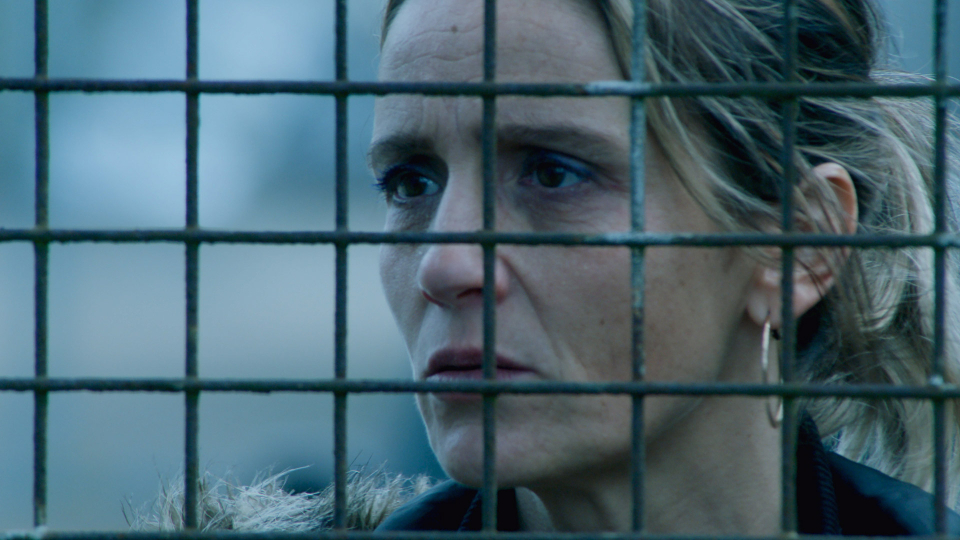In Great Yarmouth: Provisional Figures (2023) the Portuguese film director Marco Martins provides a devastating portrayal of post-Brexit Britain and the precarious lives of migrant workers. The screenplay draws on the testimony of former workers and is unsparing in its depiction of their humiliating conditions. The focal point of the film is a blood-soaked turkey processing plant where English workers are no longer prepared to do the dirty jobs. In one scene we see newly arrived Portuguese workers having their teeth and hands checked, in another they are huddled in the cold before dawn, waiting for a bus to transport them to the factory. The central character Tânia (played by Beatriz Batarda) is a former worker who has become a kind of gang master overseeing the needs of the migrants. She has been saving money by overcharging them for their dilapidated housing but she is swindled in turn by one of the workers, leaving her life in ruins. The scenes of live turkeys in crates arriving for slaughter are reminiscent of the startling realism in Charles Burnett’s classic depiction of a modern abattoir in Killer of Sheep (1978). The brutal fate of these bedraggled birds, anxiously peering towards the camera, underlines a generalized sense of hopelessness. The only counterpoint to the nihilistic mise-en-scène is a former nature reserve worker, now a virtual outcast, who has befriended Tânia. In a poignant moment he cradles an injured greenfinch and also lets her hold the bird. The films closes with his voiceover, a childhood lullaby “ten for a bird you must not miss,” the double meaning evoking the aim of a hunter’s rifle or a heart that cannot grieve.
